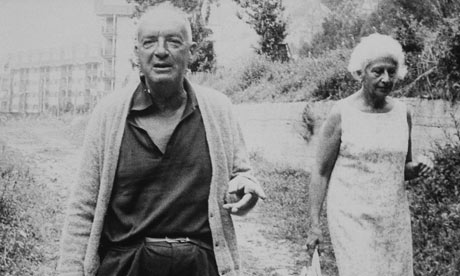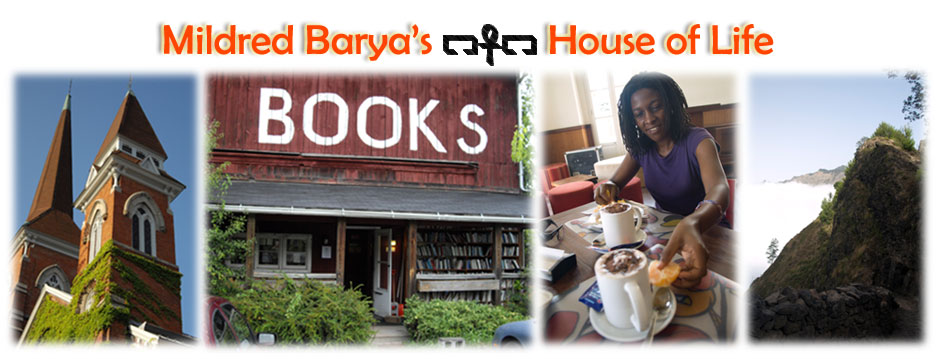 The book that’s been on my mind as I revisit home and other once familiar places is Vladimir Nabokov’s memoir, Speak, Memory. Time is playing tricks on me, or places. I have particular memories of things/objects and incidents in particular places, cafes to be specific, that I find have been turned into carpentry workshops and it’s such a disconcerting action trying to put the two different things together while recalling earlier memories. I’m also coming across places I’ve known and walked but now house new things; malls, cafes, and I can’t seem to remember what used to be there. It wasn’t all space before the new buildings but what was there?
The book that’s been on my mind as I revisit home and other once familiar places is Vladimir Nabokov’s memoir, Speak, Memory. Time is playing tricks on me, or places. I have particular memories of things/objects and incidents in particular places, cafes to be specific, that I find have been turned into carpentry workshops and it’s such a disconcerting action trying to put the two different things together while recalling earlier memories. I’m also coming across places I’ve known and walked but now house new things; malls, cafes, and I can’t seem to remember what used to be there. It wasn’t all space before the new buildings but what was there?
Kampala city alone is bursting with new places, banks every which way, shopping malls and restaurants every place, new streets, same old bad roads and more construction up in the air. I would like to call it progress, development…but when you consider that wetlands are no more, storied houses are where swamps used to be, and open places like what used to be Centenary Park are now unrecognizable, it puts the commercial against the naturalist/environmentalist. Some folks think that in a developing economy, nature suffers most. Others ask: what developing economy? The deplorable state of roads, hospitals, schools and most other basic infrastructure puts Uganda at a low index when it comes to meaningful development. But I digress. The main thread I want to pursue in this piece is memory put against the ever changing landscape. The reason Speak, Memory is poignant to me at a time like this when I wish to recognize certain features of my land and people that held special meaning when I was growing up, but those features are now compromised, changed or simply faded.
It’s a cauldron of memories in my head trying to mingle with the new ones forming. One memory speaking to or against another. The conflict in the person witnessing the change. Personal. Probably the reason it saddens me to admit that Dad, always healthy and roaring with life, now battles ailments that have him in a place I’d never seen him, and much as it would be easy to say hey, we grow old, it’s the cycle, there’s young life there’s old life and then we’re gone…still it shocks me to see who he has become and how strong he’d always been. One particular incident that leaps at me from Speak, Memory is towards the end of the book the section that takes on the You address, which I understand to be Nabokov’s wife but also the reader. Perhaps the greatest gift any good memoirist can give the reader is to make his/her personal experience sharable. The quote that speaks to me is: The years are passing, my dear, and presently nobody will know what you and I know.” Exactly how I feel about my dad and our life.
Whether they’re gliding or in slow motion they’re passing still and the self cannot remain the same. Soul-searching questions and an attempt to bottle memory and stop time cannot be helped. An attempt to hold on to what you know but then you wonder what you know, the helpless feeling whether another can know it too, feel it, touch it, see it or if it means grappling it alone whether you even know what that ‘it’ is anymore…wrapped in time and memory, residing in a place and a person you love.
“It cannot be helped; I must know where I stand when that slow motion, silent explosion of love takes place in me, unfolding its melting fringes and overwhelming me with the sense of something much vaster, much more enduring and powerful than the accumulation of matter or energy in any imaginable cosmos, then my mind cannot but pinch itself to see if it is really awake.”






No comments yet.